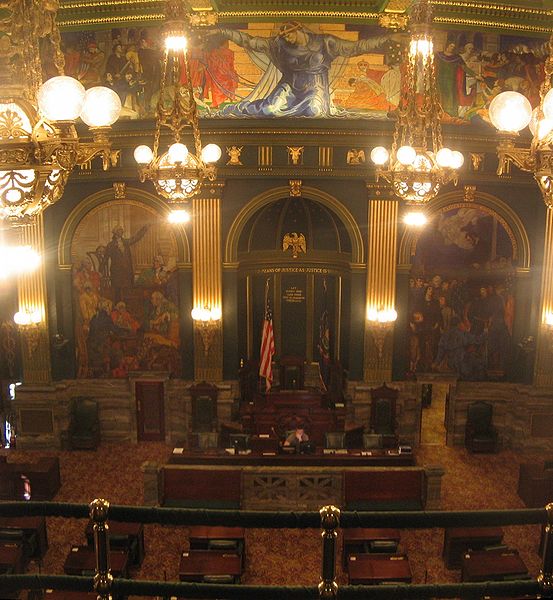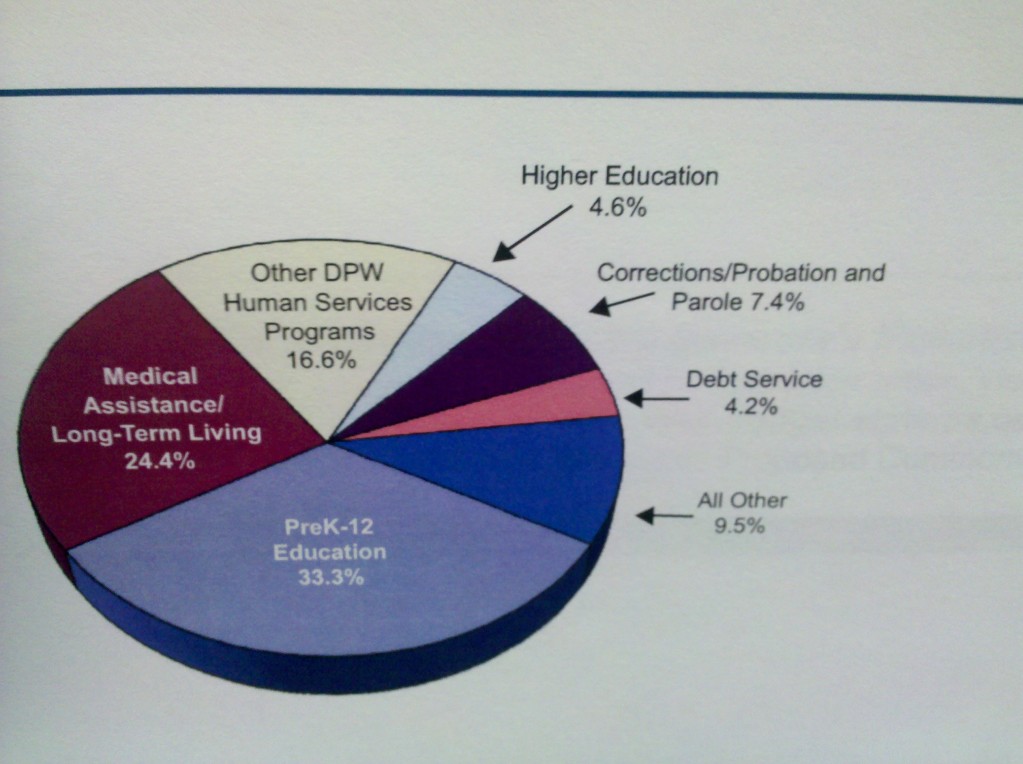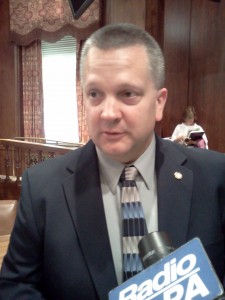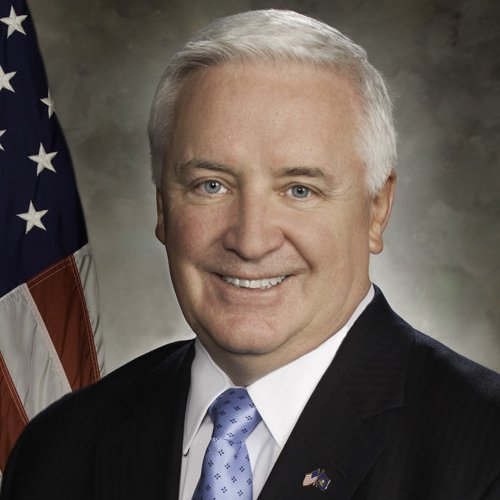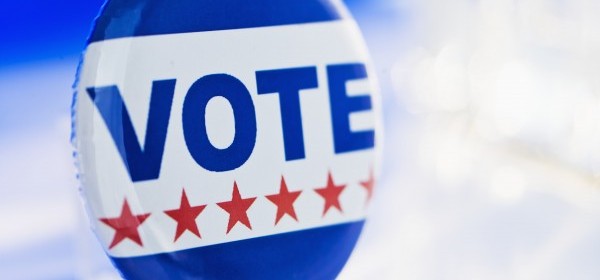Final Days of the State Budget Process Are Here
Both the state House of Representatives and state Senate gaveled in rare Sunday voting sessions over the weekend, as the two chambers brace for the final flurry of legislative activity expected this week before the summer break. Thursday is the deadline for the state budget, and despite some minor delays in the Senate over the weekend, leaders still say the deadline can be met for the first time since 2002.
In addition to budget-related bills, House lawmakers dealt with a distracted driving measure that would ban all texting while behind the wheel and legislation that limits liability for damages to the percentage of responsibility in civil lawsuits. Those bills could see final House action this week.
The Senate is expected to begin working through budget amendments on Monday after dealing with non-preferred appropriations bills for state-related universities among its action on Sunday. The debate over funding for higher education, which was a big part of Sunday’s floor activity, is expected to continue this week.
Off the floor on Sunday, House and Senate Democrats continued their call for a Marcellus Shale extraction tax or state impact fee. Governor Tom Corbett says he won’t even consider such a proposal and he wants any “impact fees” kept local and completely separate from the General Fund budget talks.


